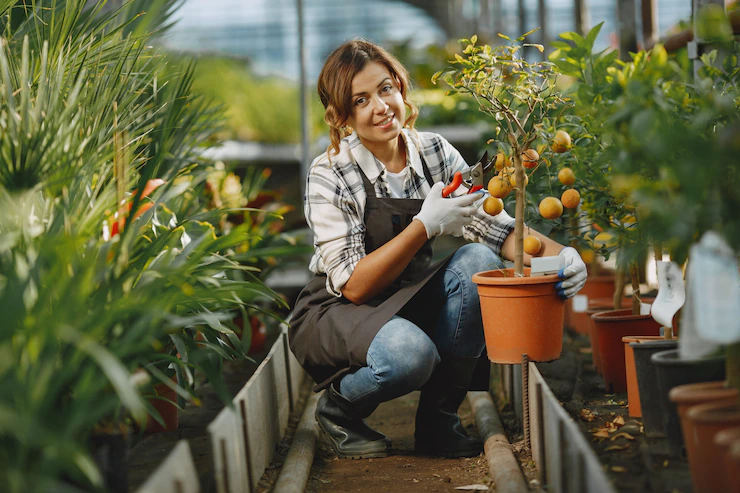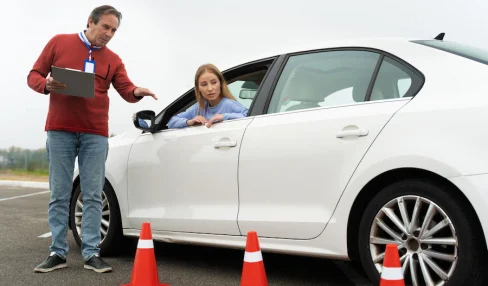The Healing Power Of Hobbies: Pursuing Passions During Recovery
03 October 2023
5 Mins Read

toc impalement
Recovering from a personal injury can be challenging, often marked by pain, frustration, and a sense of disruption to one’s daily life.
While the primary focus is, understandably, on physical healing and rehabilitation, a valuable aspect of recovery is sometimes overlooked—the healing power of hobbies and passions. Engaging in activities you love can be a source of solace, motivation, and personal growth during this trying time.
In this article, we explore how pursuing your hobbies can be crucial to your recovery journey.
The Emotional Healing Of Hobbies
When you’re on the road to recovery, it’s easy to become consumed by the physical aspects of healing. Doctor’s appointments, therapy sessions, and medical routines may take up much of your time. However, it’s important to remember that healing encompasses more than just the body—it also involves nurturing your mental and emotional well-being. This is where your hobbies and passions come into play.
Physical Healing And Emotional Fulfillment

Hobbies are not mere distractions; they are pathways to fulfillment and a sense of normalcy. Whether you find solace in painting, joy in playing a musical instrument, or relaxation in gardening, your hobbies can provide a refuge from the challenges of recovery. Engaging in activities you are passionate about can help alleviate stress, reduce anxiety, and even manage pain.
These positive emotions trigger the release of endorphins, which act as natural painkillers and mood elevators, aiding in your overall recovery process. While your hobbies offer valuable emotional support and relief, they also contribute to your well-being during recovery, potential injury lawsuits, and emotional stress.
Setting Achievable Goals
Furthermore, hobbies offer a sense of accomplishment and purpose. They allow you to set achievable goals and witness your progress over time. This sense of achievement can be particularly empowering during your recovery journey. Whether completing a challenging puzzle, finishing a knitting project, or perfecting a new recipe, these accomplishments remind you of your capabilities and strengths, which can be easy to forget amid the setbacks of injury.
Distraction And Mental Rejuvenation
Additionally, hobbies provide a welcome distraction from the discomfort or frustration of recovery. Instead of focusing solely on your injury and the limitations it imposes, your mind is engaged in creative and enjoyable activities. This shift in focus can be mentally rejuvenating and help prevent feelings of hopelessness or despair that sometimes accompany prolonged recovery periods.
Balancing Hobbies With Recovery
Incorporating hobbies into your recovery plan is not about pushing yourself too hard or overexerting. It’s about finding a balance between your physical therapy and your passions. Consult with your healthcare team to determine which activities are safe and suitable for your stage of recovery. They can offer guidance on exercises or adaptations that align with your treatment plan.
Prioritizing Self-Care
Moreover, consider your hobbies to be an essential part of self-care. Just as you follow your doctor’s recommendations for physical healing, prioritize your emotional well-being through your chosen activities. Allocate your schedule for your hobbies, even just a few minutes daily. These moments of joy can have a profound impact on your overall outlook.
Emotional Release And Expression

For many individuals, personal injuries are not just physically debilitating; they can also take an emotional toll. Feelings of frustration, sadness, or even anger may surface during your recovery. Engaging in your hobbies can be a therapeutic outlet for these emotions. For example, creative activities like painting, writing, or music can serve as a means of self-expression, allowing you to process and release pent-up emotions.
Finding Consistency In Times Of Change
It’s important to acknowledge that the road to recovery may be lengthy, and there may be moments of setback and frustration. During these times, your hobbies can provide a sense of consistency and stability. They remind you of the things that make you unique and the aspects of your identity that remain intact despite your challenges. This sense of continuity can be a powerful motivator, inspiring you to keep moving forward.
Connecting with A Supportive Community
As you pursue your passions during recovery, your hobbies connect you with a supportive community. Whether you join local art classes, participate in online forums related to your interests, or attend hobby-based events, you’ll have opportunities to interact with like-minded individuals who share your passion. These connections can provide emotional support, encouragement, and a sense of belonging when you feel isolated.
Physical Benefits Of Hobby Engagement
In addition to the emotional benefits, engaging in hobbies during recovery can positively impact your physical well-being. For example, gardening, yoga, or swimming can contribute to your rehabilitation by promoting flexibility, strength, and coordination. Consult with your healthcare team to explore hobby-based exercises that align with your treatment goals.
Related: 5 Ways to Earn Money from Your Hobbies
Resilience And Personal Growth
It’s important to note that pursuing your hobbies during recovery is not just about finding temporary relief or distraction—it’s about fostering resilience and personal growth. Your ability to engage in activities you love, even in adversity, demonstrates your determination and adaptability. This resilience can be a valuable asset during your recovery and throughout your life.
Celebrating Accomplishments
As you progress on your journey toward recovery, it’s essential to acknowledge your accomplishments and milestones. Celebrate each step forward, no matter how small it may seem. Your hobbies can serve as tangible reminders of your progress and resilience. Over time, they inspire and motivate you to continue your healing journey.
In conclusion, personal injuries can be physically and emotionally challenging, but they do not define your entire experience. Engaging in your hobbies and passions during recovery can offer a holistic approach to healing. These activities provide emotional support, stress relief, and a sense of purpose.
Incorporating your hobbies into your recovery plan can nurture your physical and mental well-being, ultimately contributing to a more fulfilling and resilient recovery journey. So, pick up that paintbrush, strum that guitar, or tend to that garden—your passions can be your companions on the path to healing and growth.
Read Also:


















Comments Are Closed For This Article